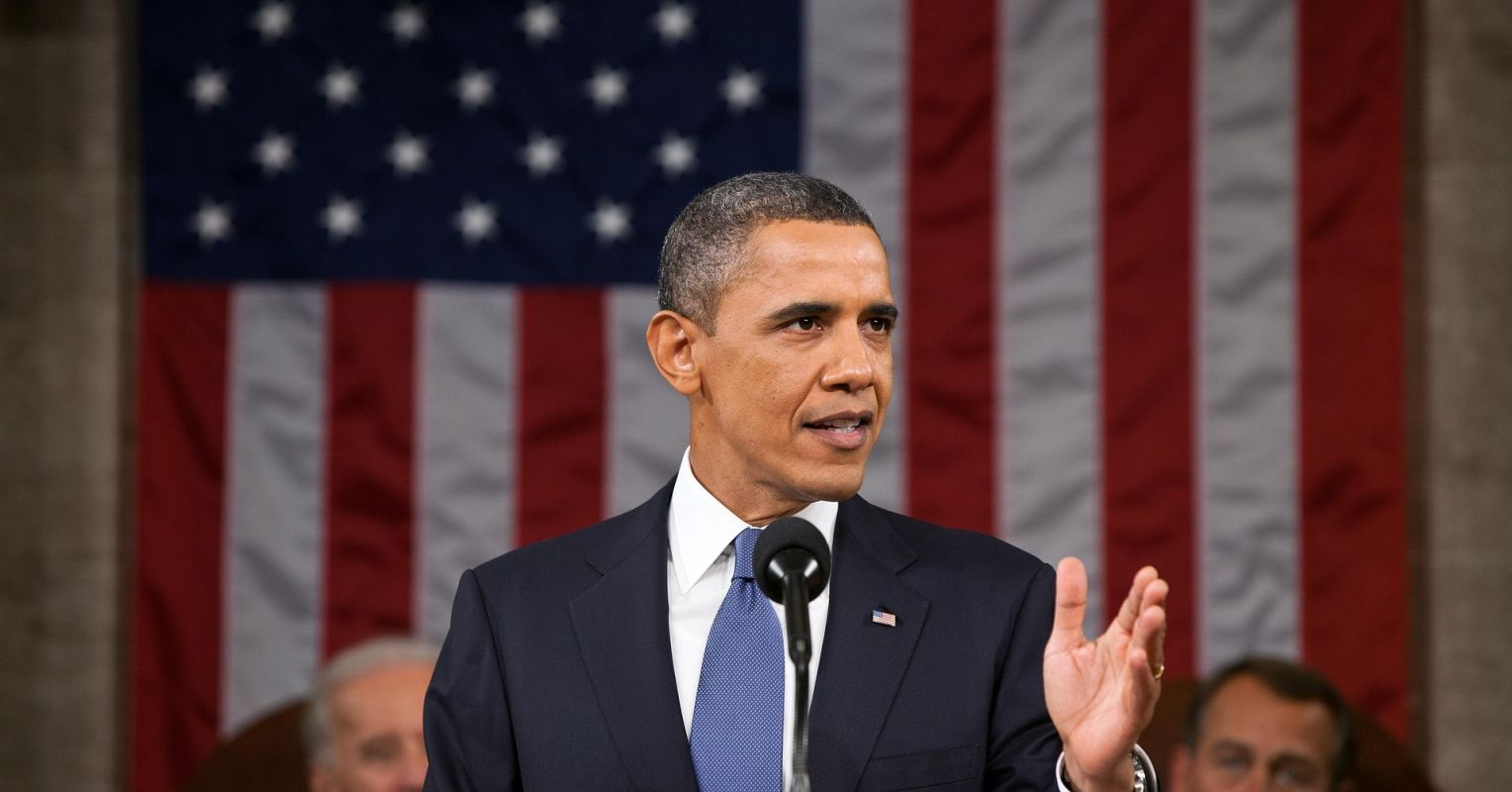
"In the Rhetoric, Aristotle remarks that it is their simplicity that makes the uneducated more effective than the educated when addressing popular audiences—makes them, as the poets tell us, 'charm the crowd's attention.'"
"Ethos, pathos, and logos are the artistic means of persuasion, which must be balanced for effective public speaking; any violation risks undermining the speaker's credibility."
The article contemplates the art of rhetoric, underscoring Barack Obama’s reputation as a skilled orator. While he is celebrated for his eloquence, the article argues that excessive polish might pose a disadvantage in public speaking. Drawing on Aristotle's insights on persuasion—ethos, pathos, and logos—it explains that ethos, or the speaker's credibility, can be hindered if the speaker fails to connect with their audience. Decorum, or adhering to audience expectations, is crucial, highlighting the effectiveness of simplicity in communication, especially for less educated speakers addressing general audiences.
Read at Psychology Today
Unable to calculate read time
Collection
[
|
...
]